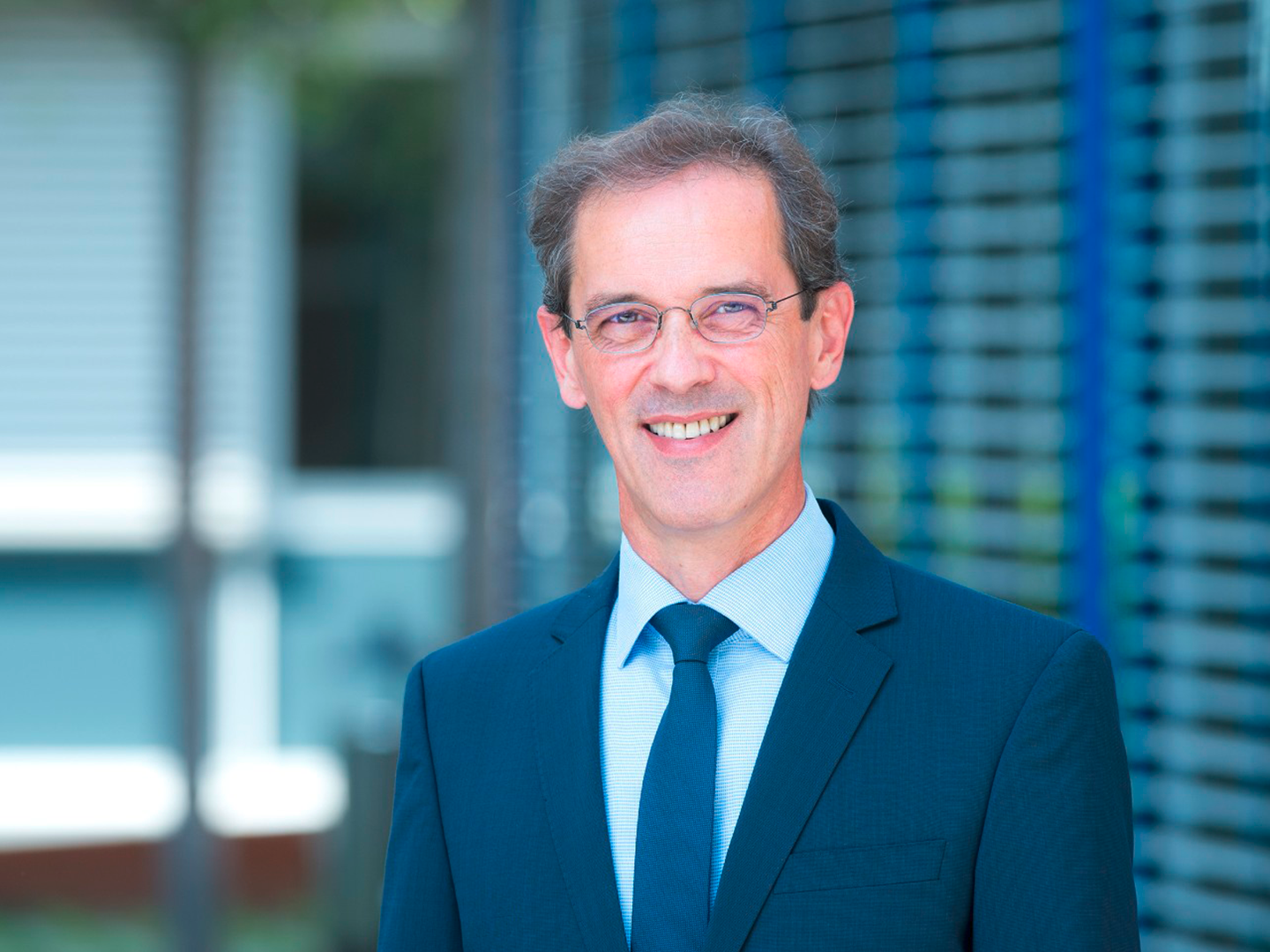"The circular economy is an outcome of the desire to preserve livelihoods, achieve climate goals and increase economic power"
Four questions to...

What is the circular economy? How can CIRCONOMY® Hubs contribute to it? What is next for the initiative? And what added value does the work being done in CIRCONOMY® Hubs bring? In “Four questions to...”, we regularly interview participants in the CIRCONOMY® initiative. This time with Prof. Dr. Philip Leistner, Head of the Fraunhofer Institute for Building Physics IBP.
(1) What does the circular economy mean to you?
The circular economy is an outcome of the desire to preserve livelihoods, achieve climate goals and increase economic power. In this sense, it is today’s motive and impetus for concrete, new technological developments.
(2) CIRCONOMY® Hubs are a new infrastructure for the circular economy. How can you and your institute contribute to this?
Fraunhofer IBP’s research findings and innovations are enriching our understanding of circular value creation in the construction sector in particular. The CIRCONOMY ® Hubs will ensure that this knowledge is transferred to the sector and put into practice more effectively and more quickly.
(3) The CIRCONOMY® Hubs are set to be implemented in 2022: What are your hopes for the future?
Given the volume and complexity of the material flows involved in construction and the long life cycles of structures, CIRCONOMY® Hubs need staying power. This requires a roadmap that both structures and synchronizes the steps towards the circular economy.
(4) What added value can the Fraunhofer partners who participate in CIRCONOMY® Hubs expect?
In the day-to-day business operations of individual (construction) companies, there is little space and time for innovation and testing. CIRCONOMY® Hubs offer the chance to answer concrete questions and jointly drive developments forward.
 Fraunhofer Institute for Environmental, Safety and Energy Technology UMSICHT
Fraunhofer Institute for Environmental, Safety and Energy Technology UMSICHT